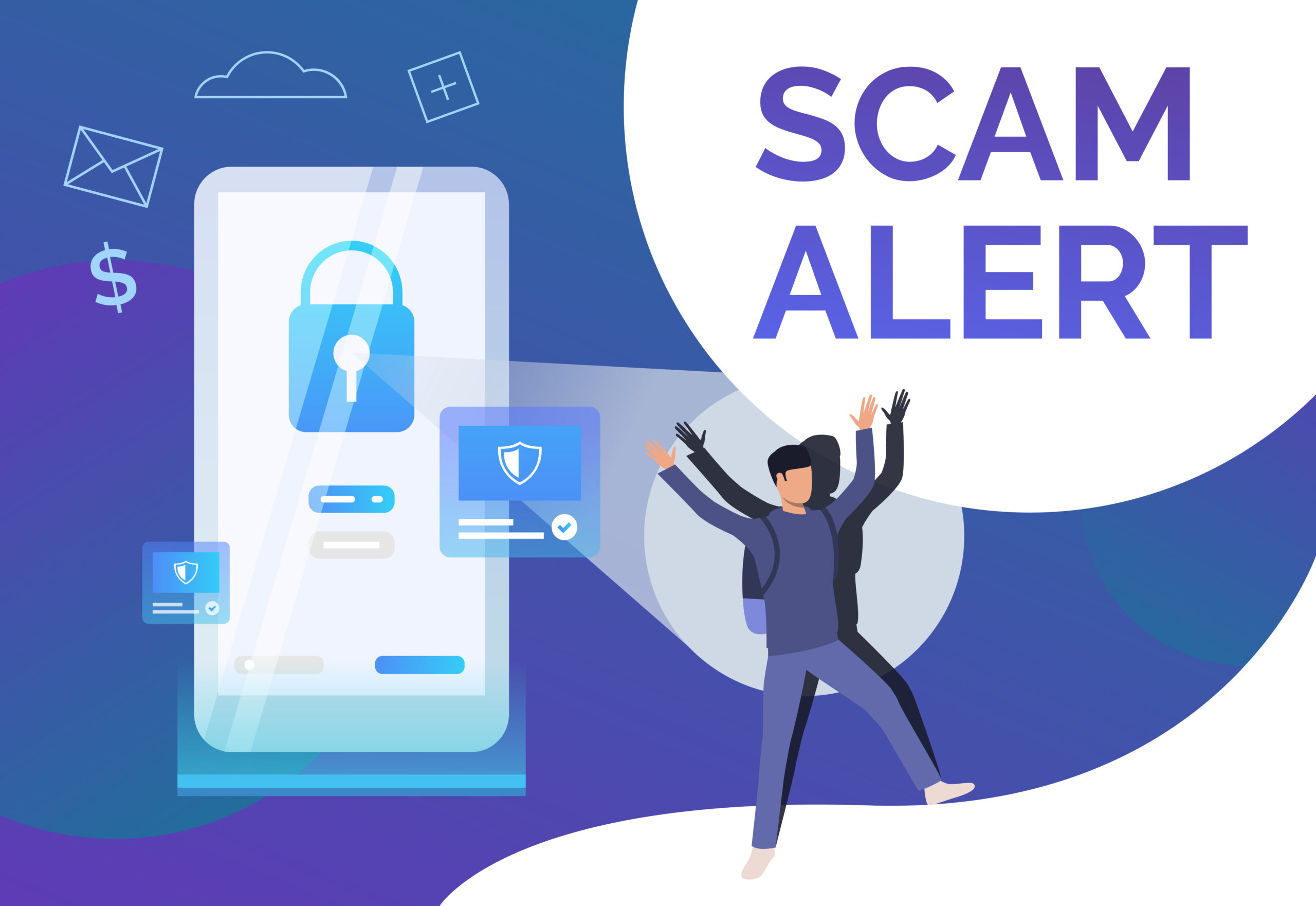Google Play Security Update Blocks 2.3 Million Apps

A Major Move for Android Security
Google has once again taken a significant step in ensuring a safer ecosystem for Android users. With its latest security update, Google Play has blocked a staggering 2.3 million apps, reinforcing its commitment to protecting users from malicious threats. This move highlights the growing focus on security within the Android ecosystem and serves as a wake-up call for developers and businesses operating within the platform.
For any Android app development company, this development is crucial. Not only is the way apps are reviewed and approved impacted, but new security benchmarks that must be met are also set for developers.
In this article, we’ll break down the impact of this update, what it means for Android developers, and how businesses can adapt to stay compliant.
The Scope of the Security Update
Google Play security update is one of the most extensive measures ever taken to remove malicious. Or non-compliant applications from the platform. By blocking 2.3 million apps, Google has demonstrated that it is serious about cleaning up its ecosystem.
Security breaches have been on the rise, with many apps misusing user data, containing vulnerabilities, or engaging in fraudulent activities. By implementing stricter guidelines, Google aims to create a more trustworthy app marketplace. This update also strengthens user confidence in downloading applications, knowing they are less likely to encounter malware or data leaks.
Why Did Google Play Block These Apps?
Understanding why these apps were blocked is essential for developers. And businesses in the mobile app industry. The primary reasons for these bans include:
- Privacy Violations: Many apps collected user data without proper disclosure or permission.
- Malware and Security Threats: Apps containing hidden malware, spyware, or adware were removed.
- Policy Violations: Apps that failed to comply with Google’s updated policies regarding permissions, APIs, and monetization practices were blocked.
- Low-Quality or Abandoned Apps: Google is actively removing apps that are outdated, not maintained, or fail to provide a valuable user experience.
For any Android app development company, this highlights the importance of staying updated with Google’s evolving security policies and ensuring compliance at all levels.
The Impact on Android App Developers
For developers, this update is both a challenge and an opportunity. Removal of 2.3 million apps indicates tighter security measures. Means there is more room for high-quality apps to thrive in a cleaner marketplace.
Developers must now be more meticulous in how they build, test, and deploy applications. Security checks need to be an integral part of the development process. And regular updates should address potential vulnerabilities before Google takes action against an app.
Google’s AI-Powered Security Measures
Google is leveraging artificial intelligence to detect security threats and enforce compliance. The Google Play Protect system continuously scans applications for harmful behavior, ensuring that only safe apps make it onto the Play Store.
These AI-powered security systems analyze app permissions, detect unusual behaviors, and automatically flag suspicious apps. This means that developers must be more transparent in how their apps function and avoid any practices that might trigger Google’s security alerts.
What This Means for Android App Businesses
For businesses relying on Android apps for revenue and user engagement, this update presents new challenges. Companies must now be more proactive in ensuring their apps meet Google’s security guidelines. Non-compliant apps risk being removed, leading to potential revenue losses and reputational damage.
To stay ahead, businesses should invest in thorough app security audits, regularly update their applications, and work with experienced Android app development companies that understand Google Play’s evolving security landscape. Following an enterprise app security checklist ensures that security best practices are consistently applied. Reducing vulnerabilities and safeguarding user data.
How Developers Can Stay Compliant
To avoid being affected by future Google Play security updates, developers should:
- Regularly Review Google’s Policies: Google frequently updates its security and app submission guidelines. Staying informed is key to compliance.
- Implement Stronger Security Protocols: Developers should integrate encryption, authentication measures, and secure APIs to protect user data.
- Conduct Security Audits: Regular security audits help identify potential vulnerabilities before they become an issue.
- Ensure Transparency in Data Collection: Clearly state how user data is collected, stored, and used, and obtain necessary permissions.
- Keep Apps Updated: Google prioritizes apps that receive regular updates and security patches.
The Future of Android App Security
The recent blocking of 2.3 million apps is just the beginning. Google is likely to introduce even stricter policies to further enhance the security of its platform. Future updates may include:
- More stringent AI-based app scanning
- Stricter penalties for policy violations
- Advanced user privacy controls
- Stronger verification measures for new developers
Developers and businesses must prepare for these changes by making security an integral part of their development strategy.
Conclusion
This latest Google Play security update reinforces Google’s commitment to creating a safer digital environment. For developers and businesses, compliance is no longer optional—it’s a necessity. By prioritizing security, adhering to Google’s policies, and adopting best practices, developers can ensure their apps remain available and continue to provide value to users.
For Android app development companies, this shift also presents an opportunity. With millions of low-quality and non-compliant apps removed, high-quality apps that meet Google’s standards have a better chance of success. Staying ahead of security trends and implementing proactive measures will be the key to long-term growth in the Android ecosystem.








